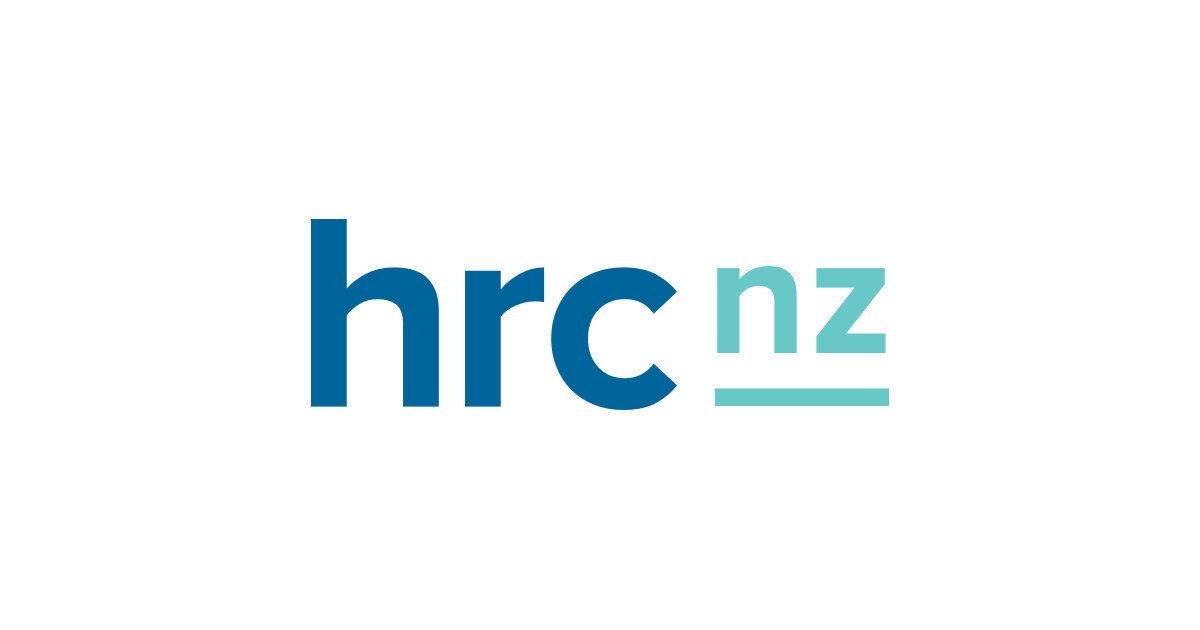The Health Research Council of New Zealand, Breast Cancer Cure and Breast Cancer Foundation NZ have funded three new research projects focused on breast cancer in New Zealand.
The funding aims to improve quality of life and survival in breast cancer in New Zealand. The overall research objectives and priorities for this year’s investment include a focus on achieving health equity and improving health outcomes for communities disproportionately affected by breast cancer.
More than $728,000 was awarded to three innovative projects. See below for this year’s successful recipients.
2020 Breast Cancer Research in New Zealand Partnership
Associate Professor Vyacheslav Filichev, Massey University
Stopping breast cancer evolution: evaluation of APOBEC3 inhibitors in live cells
24 months, $250,000
Drug resistance is a serious barrier to the treatment of breast cancer, leading to metastasis and cancer reoccurrences. This project will generate the first preclinical drug that suppresses the ability of cancer cells to adapt to chemo- and immunotherapies. Clinical implementation of a drug stalling cancer evolution will be a major step in tackling drug resistance and cancer reoccurrences. Human cells contain an enzyme family called APOBEC3, which disables pathogens by hypermutating their DNA. However, breast cancer cells use APOBEC3-driven mutagenesis to increase rates of evolution enabling cancer cells to escape adaptive immune responses and resist drugs. APOBEC3 is not required for primary metabolism, and its inhibition offers a new strategy to augment existing therapies making them effective for much longer. This project will deliver the first APOBEC3 selective inhibitors working in live cells. These discoveries will be translated into new therapeutics.
Dr Kirsty Danielson, University of Otago, Wellington
Extracellular vesicles as inter-cellular communicators in fat graft retention
24 months, $228,393
Breast reconstruction is an important part of the treatment process for women with breast cancer. Recently, fat grafting has become a popular option for reconstruction because it uses natural tissue from the woman’s own body and has a low surgical risk. Unfortunately, the ability to reconstruct a whole breast is difficult because up to 70% of the fat injected into the chest wall will be lost. This is largely due to a failure of the grafted tissue to integrate into the local cellular environment that it is placed in. Membrane-bound packages called extracellular vesicles (EVs) act as a type of inter-cellular communication system that can signal cells to survive and grow. This project will investigate the ability of EVs released from adipose derived stem cells to aid with fat graft survival and ultimately improve fat graft retention.
Dr Vanessa Lattimore, University of Otago, Christchurch
Exploring a novel therapy to reduce breast cancer risk in high-risk individuals
24 months, $249,975
The ideal strategy for controlling and reducing the social impact of disease is effective prevention. Individuals who are genetically predisposed to developing breast cancer have the opportunity to lower their risk through established preventative strategies, such as a mastectomy. While one of the most effective options, mastectomies have considerable short- and long-term impacts that reduce quality of life of the patient, especially for young women. To date, there are no risk-reducing medications that are as effective as surgery. Antisense oligonucleotide therapy has been very successful in reversing the symptoms of degenerative disorders by altering gene splicing. This proposal will investigate whether antisense oligonucleotides can eliminate the impact of high-risk genetic variants by modifying the process of gene splicing. This study will lay the foundation for the development of novel risk-reducing therapies to prevent cancer in genetically predisposed individuals.
About the Breast Cancer Research in New Zealand partnership:
The Health Research Council of New Zealand (HRC), Breast Cancer Cure and Breast Cancer Foundation NZ (BCFNZ) have been in partnership since 2013 to support high quality and innovative research into breast cancer in New Zealand. The HRC is the crown agency dedicated to funding and fostering excellent health research in New Zealand. Breast Cancer Cure and BCFNZ are both not-for-profit charitable trusts. Breast Cancer Cure was established solely to support research into finding a cure for breast cancer by making the disease one that women can endure and survive. Over the past 16 years, Breast Cancer Cure has contributed more than $11 million towards breast cancer research in New Zealand, in particular molecular and genetic research. BCFNZ is New Zealand’s largest non-government funder of breast cancer research, education/awareness and support services. BCFNZ actively pursues projects that will help achieve its mission of preventing New Zealand women developing and dying of breast cancer.

